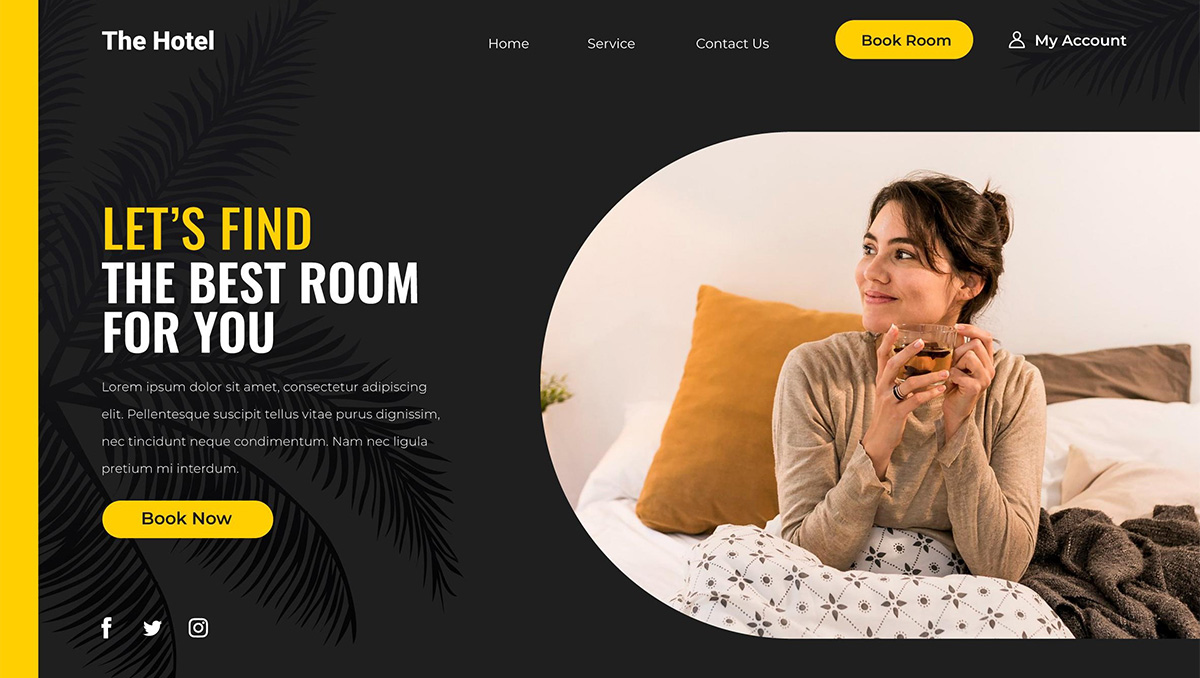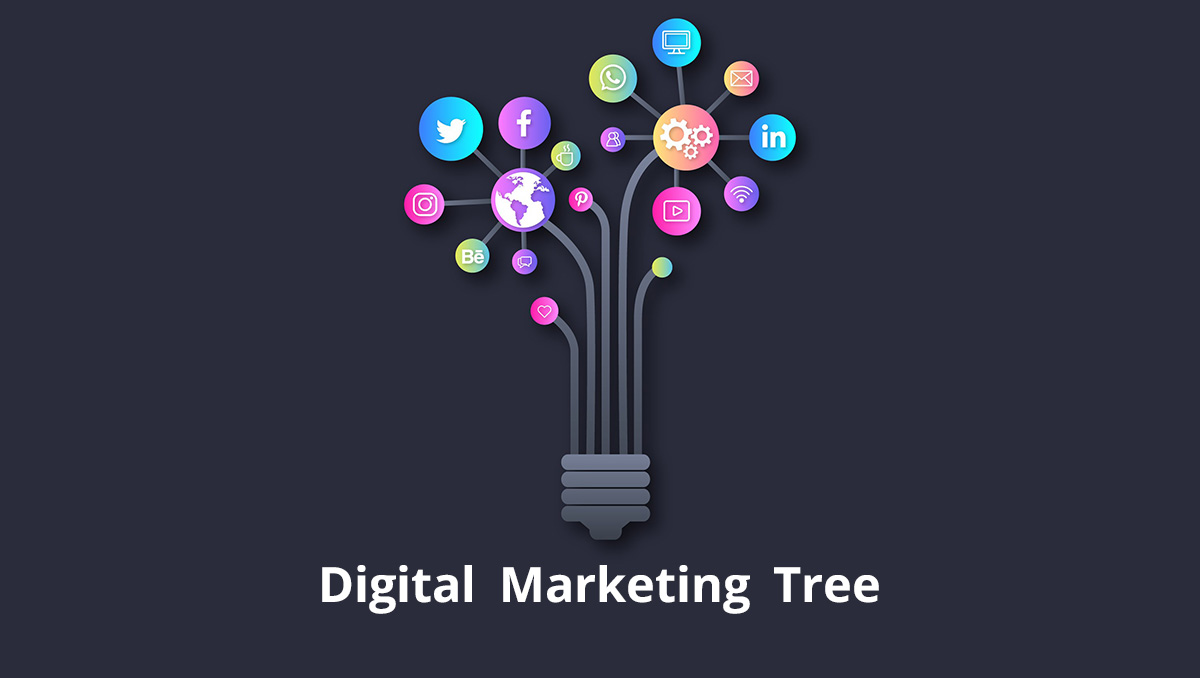Why should have a website for business or professional life?
What is the website?
A website is a location on the internet where you can find web pages and digital content. It's like a digital space where information, images, videos, and other things are stored and can be accessed using a web browser over the internet. Websites can serve various purposes, such as providing information, selling products, sharing news, or hosting online communities. They are an integral part of the online world and are created and maintained by individuals, businesses, organizations, and more.
A website is a collection of interconnected web pages and digital content that is accessible over the internet. These web pages are typically written in HTML (Hypertext Markup Language) and can include various types of content such as text, images, videos, links, and interactive elements. Websites are hosted on web servers and can be accessed by users using web browsers like Google Chrome, Mozilla Firefox, or Safari.
Websites serve various purposes, including:
1. Information: Many websites provide information on a wide range of topics, such as news, educational resources, product details, and more.
2. Communication: Websites can facilitate communication through email, messaging, social media, and forums.
3. E-commerce: Online stores and marketplaces use websites to sell products and services, allowing users to make purchases and transactions online.
4. Entertainment: Websites offer a platform for streaming videos, music, games, and other forms of entertainment.
5. Blogs and Content Publishing: Bloggers and content creators use websites to share articles, stories, and multimedia content with their audience.
6. Business and Professional Services: Many businesses use websites to showcase their products or services, provide contact information, and establish an online presence.
7. Government and Non-Profit: Government agencies and non-profit organizations use websites to disseminate information, provide resources, and engage with the public.
Websites can vary widely in complexity and design, from simple personal blogs to complex e-commerce platforms and web applications. They play a crucial role in the modern digital landscape, serving as a means of communication, information dissemination, and interaction on a global scale.
Having a website is essential for both businesses and professionals in today's digital age. Here are some compelling reasons why should have a website for business or professional life:
1. Online Presence: In today's digital age, having an online presence is crucial. A website serves as your virtual storefront or business card, making you easily discoverable by potential clients, employers, or collaborators. A website establishes your online identity and presence. It's often the first place people look when they want to learn more about your business or professional background.
2. Credibility and Trust: A well-designed website lends credibility to your business or personal brand. It conveys professionalism and trustworthiness to potential customers, clients, or employers. It shows that you take your business or profession seriously and are invested in your online image.
3. Information Hub: Your website serves as a centralized hub for all the essential information about your business or professional qualifications. You can provide detailed information about your services, products, portfolio, qualifications, and contact details. It can save you time by answering common questions and providing details about what you offer.
4. Marketing and Branding: Your website can serve as a powerful marketing tool. Websites offer various tools and strategies for marketing and promotion, including search engine optimization (SEO), email marketing, and social media integration. These can help you attract and engage your target audience, attracting more potential clients or employers.
5. Communication: Websites often include contact forms or chat options, making it easy for visitors to get in touch with you. This facilitates communication and the potential for new opportunities.
6. E-commerce Opportunities: If you're in the business of selling products, a website can serve as an online storefront, reaching a potentially vast customer base and facilitating online transactions.
7. Brand Identity: You can customize your website's design and content to reflect your unique brand identity and personality. This consistency across your online presence helps reinforce your brand.
8. 24/7 Accessibility: Unlike physical stores or offices, your website is accessible 24/7. This means potential clients or employers can learn about you or your business at any time, even outside of regular working hours.
9. Global Reach: With a website, you can reach a global audience. Your potential clients, customers, or employers are not limited by geographical boundaries, increasing your potential for growth and opportunities. This is especially valuable if your business or profession is not limited to a specific geographic location.
10. Portfolio Showcase: Professionals in creative fields, the person can use their websites to showcase their work and attract potential clients or employers.
11. Analytics and Insights: Websites often come with tools to track visitor behavior, which can provide valuable insights into your audience's preferences and help you refine
your offerings or strategies. Most website platforms provide analytics tools that allow you to track visitor behavior, traffic sources, and other valuable data. These insights can inform your decisions, help you improve your website's effectiveness, refine your strategies, and better understand your audience.
12. Competitive Advantage: Many of your competitors likely have websites. Having a well-designed and informative website can give you a competitive edge by making you more accessible and appealing to potential clients or employers.
13. Cost-Effective: Compared to traditional advertising and marketing methods, maintaining a website is often more cost-effective. It reduces the need for printed materials and allows you to reach a broader audience at a lower cost.
14. Customer Interaction: Websites often include features like contact forms, live chat, or comment sections, enabling direct interaction with your audience. This can lead to valuable feedback and build customer relationships.
15. Educational Resources: For educators, trainers, or organizations, websites can host educational materials, courses, and resources, making knowledge accessible to a wider audience.
16. Competitive Advantage: In many industries, having a website is now the norm. Having a well-maintained and user-friendly website can give you a competitive advantage over others who may not have a strong online presence.
17. Adaptability: Websites can evolve and adapt as your business or professional needs change. You can update content, add new features, or expand your online presence to align with your evolving goals.
In summary, a website is a versatile tool that can enhance your business or professional life by increasing your visibility, credibility, and accessibility while providing a platform for communication and showcasing your work or qualifications. It's a valuable investment for businesses and professionals in today's digital landscape.
 Lumen Softtech
●
2023-10-30 15:10:43
Lumen Softtech
●
2023-10-30 15:10:43

.png)



